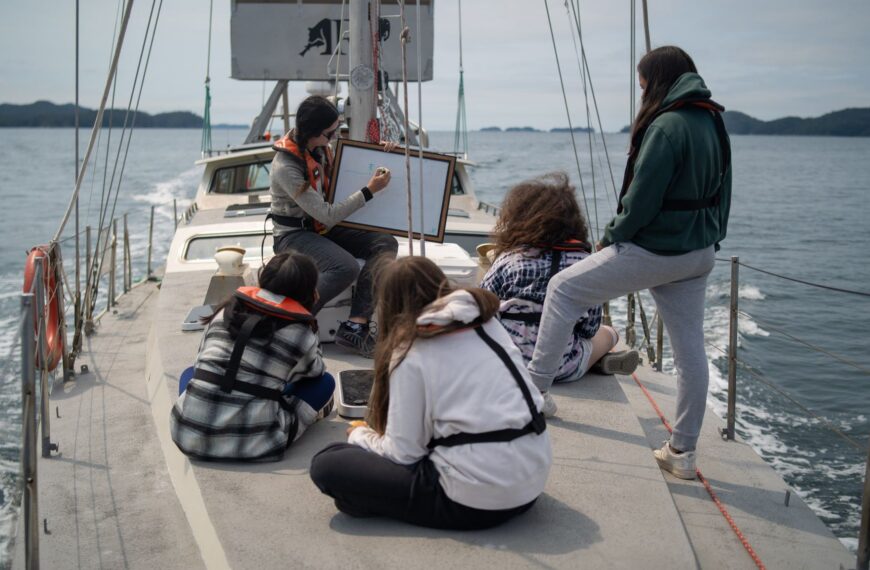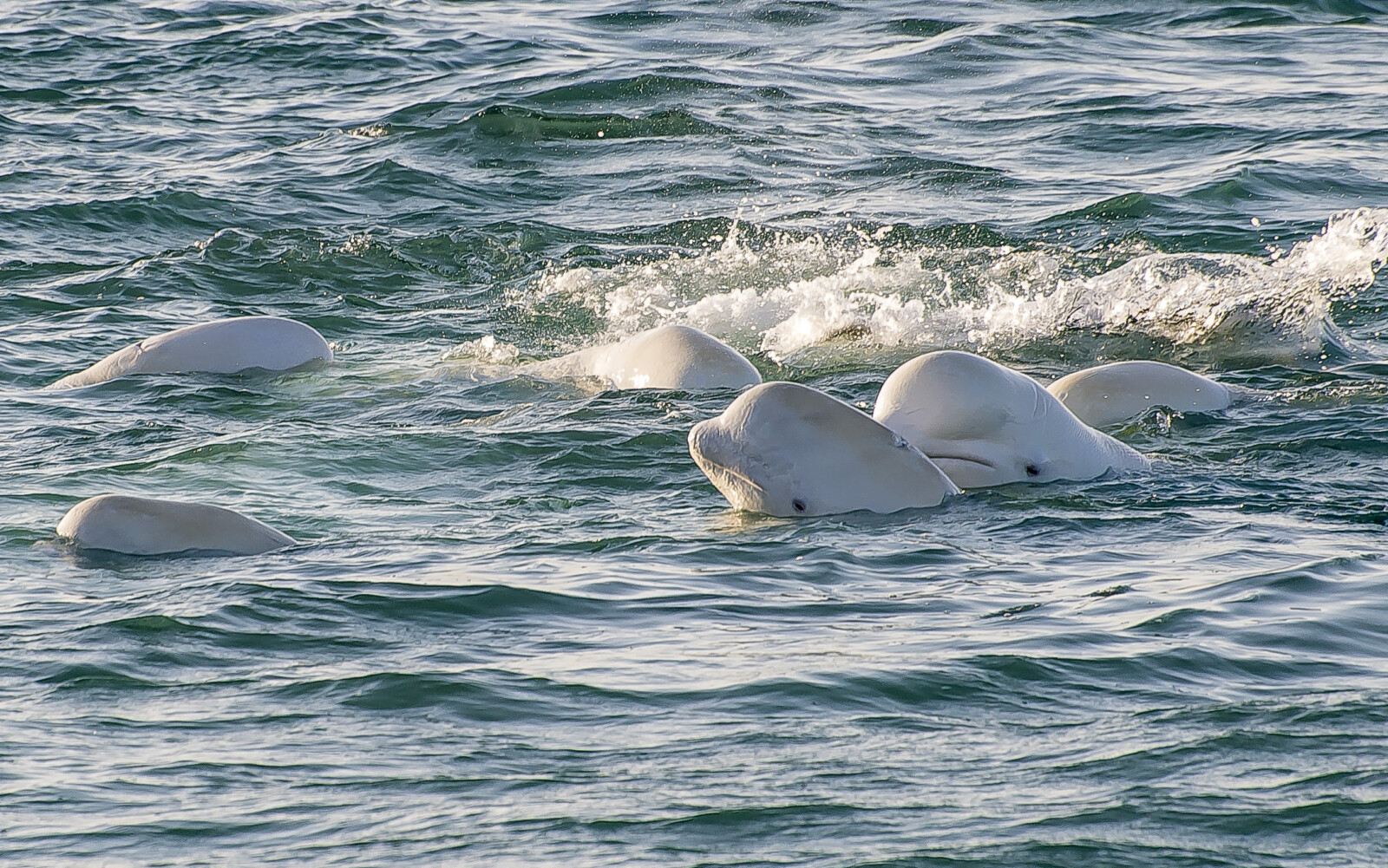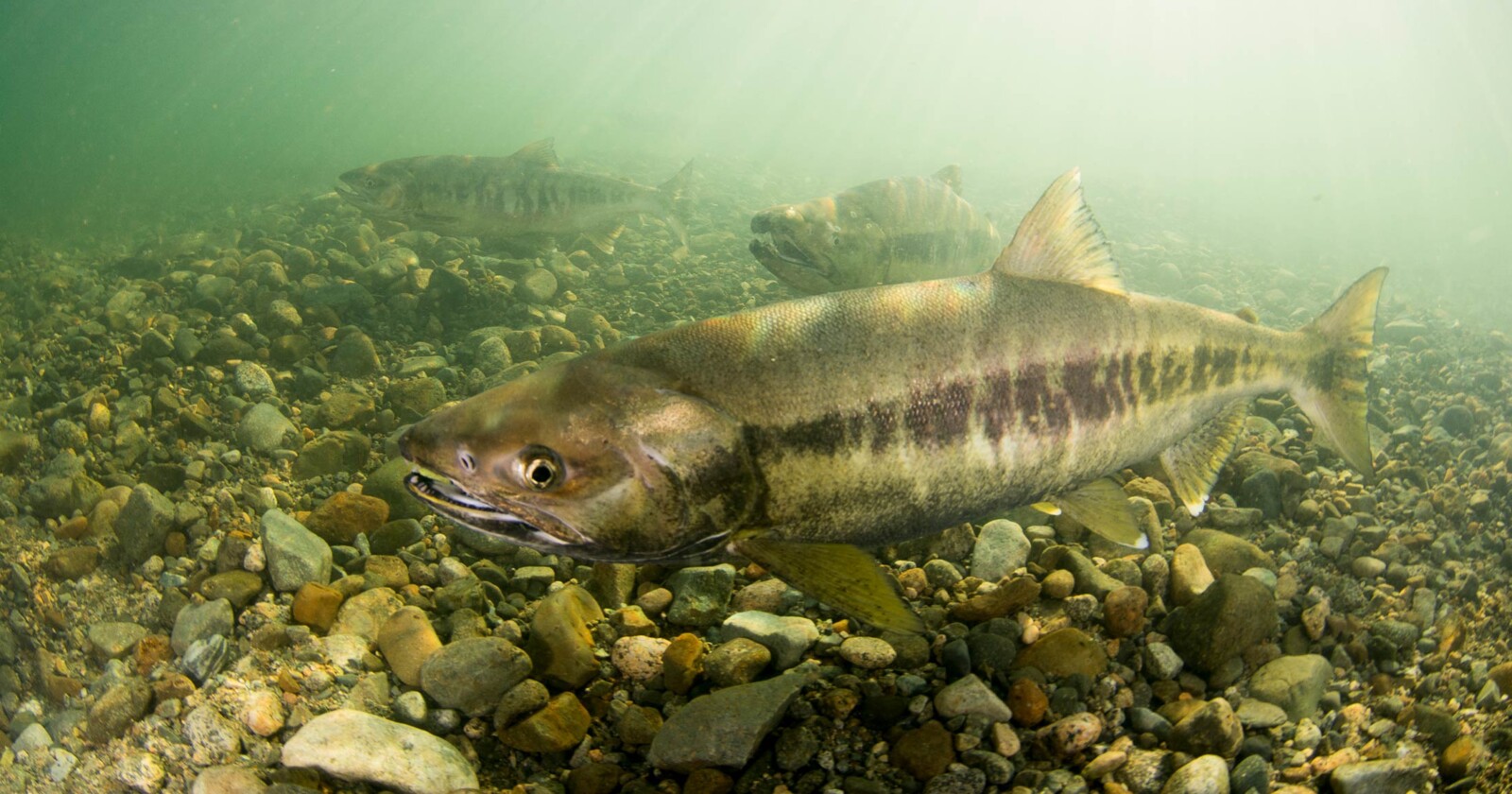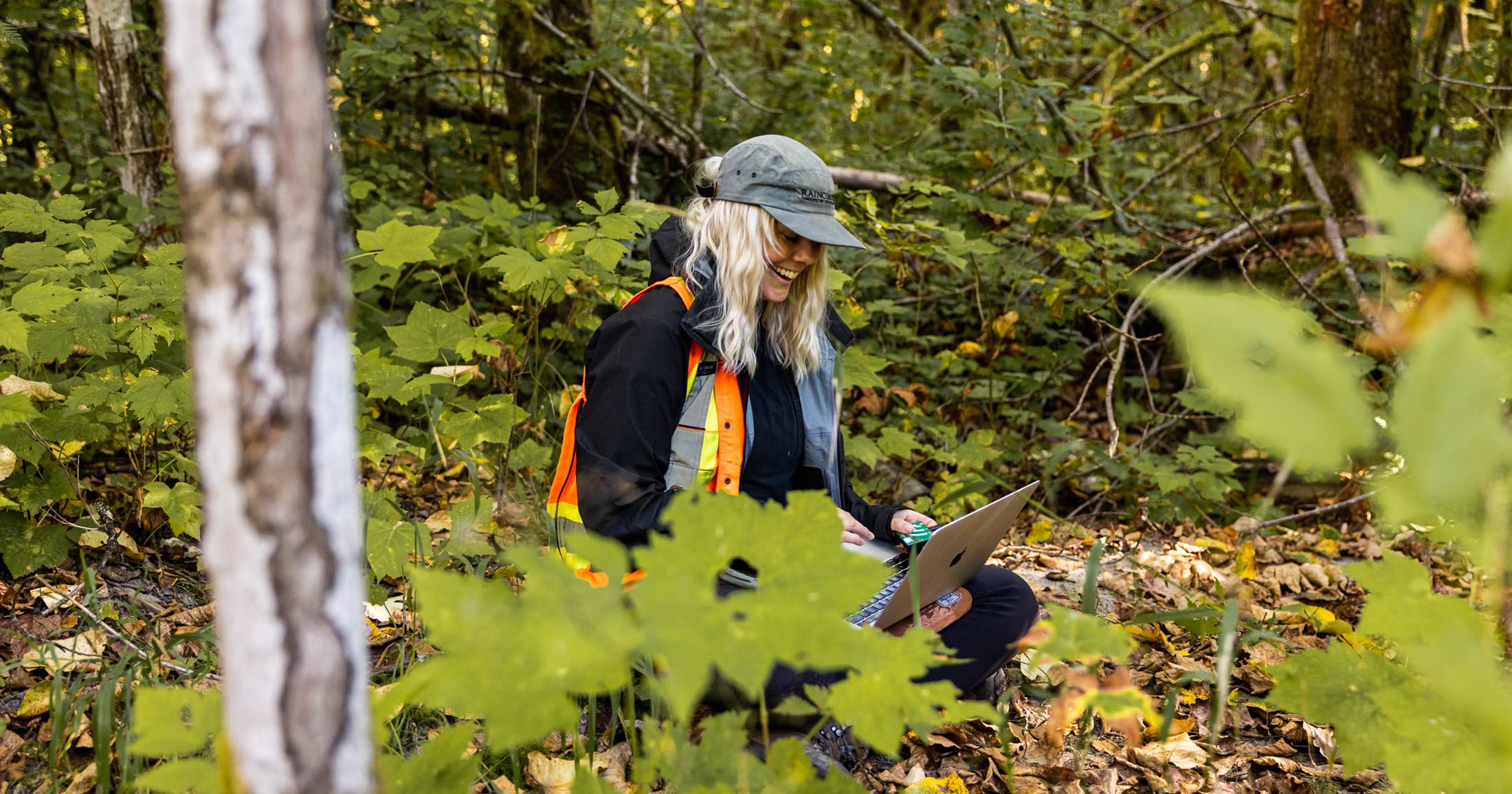Where’s the science?
Fish and Wildlife Service must rewrite proposal to strip endangered species protections from gray wolves
By Paul Paquet and Bob Ferris
Special to the Mercury News
Silicon Valley embraces science and loves innovation. Sadly, the U.S. Fish and Wildlife Service has recently shown contempt for both when it comes to the recovery of gray wolves — particularly in the wilds of Northern California where a lone wolf recently visited for the first time in more than 80 years.
Our unflattering assessment derives from the peer review of the service’s 2013 proposal to strip Endangered Species Act protections from most wolves in the West. The service’s recommendation to “delist” wolves was judged to have ignored and misrepresented the “best available science,” which is the unambiguous standard for species listing decisions. We wholeheartedly agree with the peer reviewers’ troubling conclusions, and we are disappointed that the service pursued political expediency rather than abiding by the lawful provisions of the ESA.
That choice was encouraged by state wildlife commissions and agencies blatantly promoting the extremist views of some ranchers and anti-wolf hunting groups. In doing so, these agencies ignored scientific principles and the intrinsic value of species by portraying wolves as needing lethal management and fostering policies that treat them as problems rather than as respected members of the ecological community.
The more we study wolves, the more they teach us. We have known for years that wolves disproportionately affect their environment relative to their abundance. As top-level predators, they are influential in shaping and maintaining the structure of their natural communities. Their presence and activities benefit numerous other species, helping determine the numbers and kinds of mammals, birds and plants in an area…
To read the full article please visit the San Jose Mercury website.
You can help
Raincoast’s in-house scientists, collaborating graduate students, postdoctoral fellows, and professors make us unique among conservation groups. We work with First Nations, academic institutions, government, and other NGOs to build support and inform decisions that protect aquatic and terrestrial ecosystems, and the wildlife that depend on them. We conduct ethically applied, process-oriented, and hypothesis-driven research that has immediate and relevant utility for conservation deliberations and the collective body of scientific knowledge.
We investigate to understand coastal species and processes. We inform by bringing science to decision-makers and communities. We inspire action to protect wildlife and wildlife habitats.










